Most forms of sugar are a no-go on the keto diet, but erythritol is one of the few exceptions. Here’s what you need to know about this zero-carb sugar replacement.
It’s no secret that sugar is high in calories and highly inflammatory, while animal studies show that artificial sweeteners like Splenda aren’t much better. (1) However, erythritol is a popular sweetener used on the keto diet because it has very few calories, and zero grams of net carbs.
Yet just because it seems like the perfect alternative, doesn’t mean that it’s a great fit for everyone.
Curious about ketosis?
Click here to get the FREE Easy Keto Guide to learn the right way to go keto!
What is Erythritol?
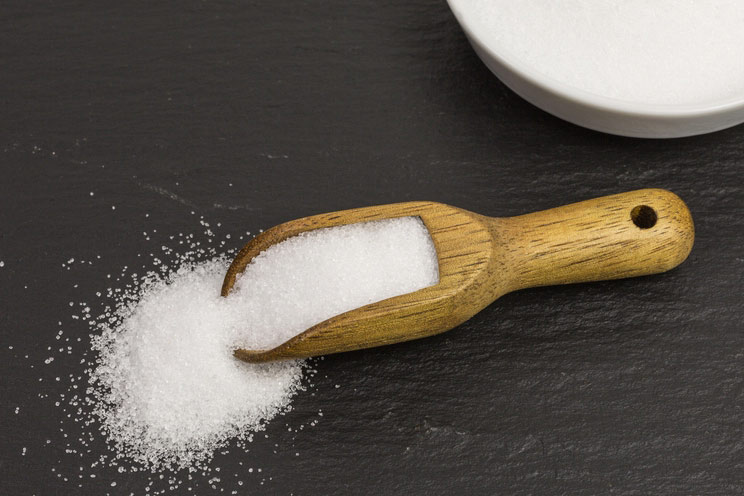
Erythritol is the sweetest of several sugar alcohols used as sweeteners for low-calorie, low-carb, and ketogenic diets. It’s made from fermenting the glucose in corn or wheat.
Invented in the mid-1800s, erythritol didn’t find its way into commercial food products until the 1990s. Now, many products marketed as low-sugar, low-carb, and sugar-free contain erythritol, like certain cookies, protein powders, and energy bars.
It’s also available in crystallized form, just like real sugar, and measures one-for-one to replace it in recipes. The same can’t be said for other sugar alternatives, like stevia or monk fruit.
Pros of Erythritol
When compared to real sugar, erythritol contains only six percent of the calories but with 70 percent of the sweetness. You get the illusion of real sugar with erythritol because of the way the molecules interact with the tongue’s taste buds. It is low in calories since your body can’t fully break it down, meaning it travels through the digestive tract without getting metabolized. (2)
Erythritol doesn’t raise blood sugar or insulin levels, making it a popular alternative to sugar for those who have diabetes or are overweight.
Cons of Erythritol
While it might seem like a positive thing that erythritol doesn’t get absorbed in the gut, this is actually one of the reasons that it may cause side effects. The body simply isn’t designed to eat foods that don’t get fully utilized. Even fiber that doesn’t fully break down has a point: to provide roughage for effective elimination.
After you eat erythritol, it is mostly absorbed into the bloodstream, leaving only about 10 percent to travel through the digestive tract. While other sugar alcohols can result in extreme bloating and gas, erythritol doesn’t seem to stick around long enough to ferment in the colon, which is typically what causes these unpleasant side effects. (3)
It can, however, lead to nausea, stomach discomfort, and other digestive symptoms if you’re sensitive to it. (4) Even though it’s a low-calorie food that isn’t supposed to impact glucose or lipids, studies show that it may cause fat gain. (5)
Ultimately, even foods with very few calories can still cause problems.
Erythritol and Keto
If you’re following a keto diet, chances are you’ve seen recipes suggesting erythritol or Swerve (a brand name for erythritol) as the sweetener of choice.
When it comes to the Paleo diet, erythritol falls into a gray area. It is often sourced from non-Paleo corn and wheat, and even the fermented yeasts from these products are inflammatory. Those allergic or sensitive to corn or wheat should certainly steer clear.
Fortunately, erythritol isn’t the only sweetener option. There are plenty of keto-approved and Paleo-friendly options that are kinder on the digestive tract.
Keto Sweetener Alternatives
If you want to use sweeteners on your keto diet, or you simply want to use less real sugar, there are a handful of alternatives if you are sensitive to erythritol.
Pure Stevia Leaf
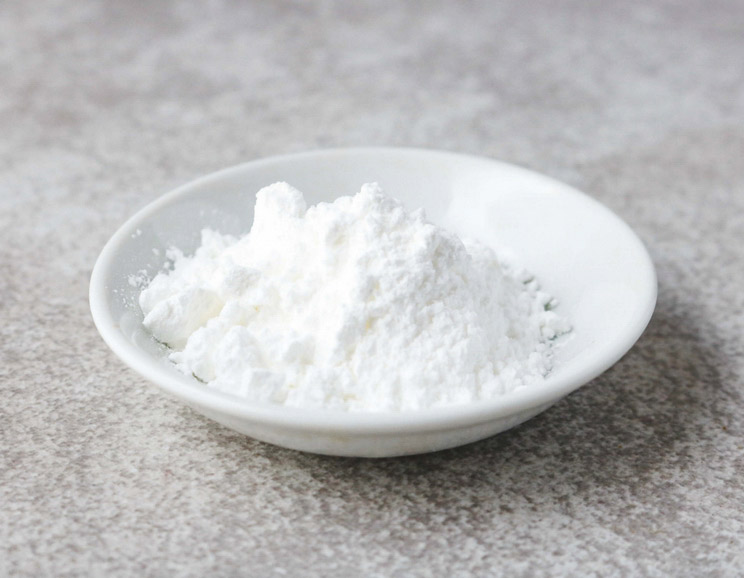
An excellent choice for keto is pure stevia leaf. It has zero carbs, it doesn’t affect cholesterol or blood pressure and can even promote more satisfaction after meals. Beware, however, that anything that says “stevia” doesn’t mean it’s healthy. Many products aren’t pure stevia and might be paired with other sugar alcohols or artificial sweeteners. On the downside, it has more of a bitter aftertaste than erythritol.
If you’re going to use stevia, be sure to find a pure, unrefined version, like this.
Monk Fruit
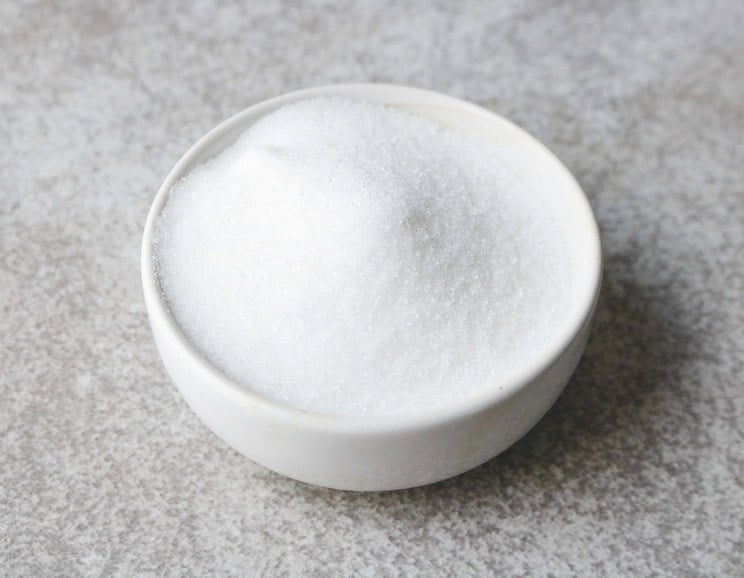
Plant-based monk fruit is ultra-sweet like stevia, but it’s not a sugar alcohol. Monk fruit also does not affect blood sugar levels.
Like stevia, you need to read the product label, as monk fruit is sometimes paired with artificial sweeteners or sugar alcohols. Find a pure product, like this.
Bottom Line
Since erythritol is usually made from corn or wheat, it might not be the best option for some. On the other hand, it has no calories and is approved on the keto diet. Whether you choose to use erythritol or not, be aware of the pros and cons. If you are sensitive to erythritol, consider using other healthy sweetener options.



 Immune-Boosting Mixed Green Spring Soup
Immune-Boosting Mixed Green Spring Soup

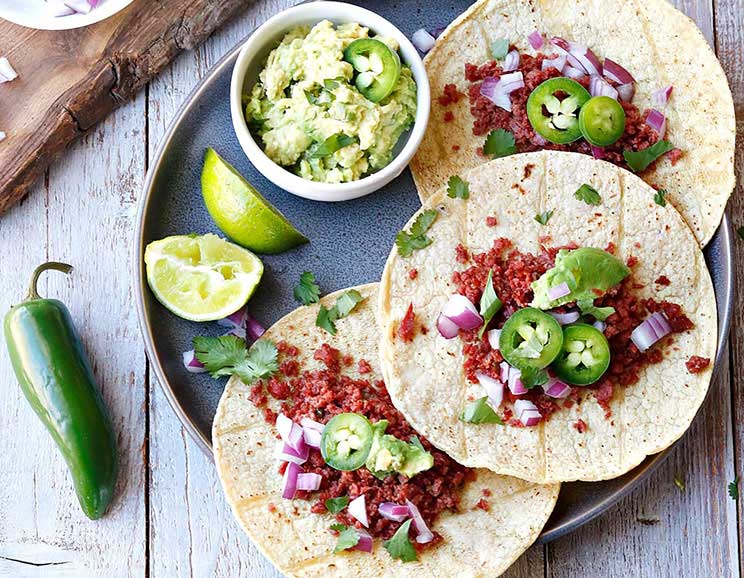
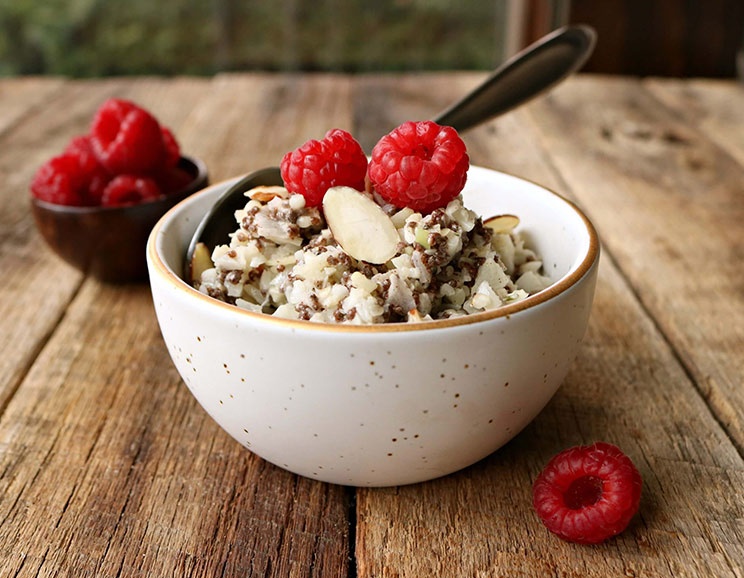

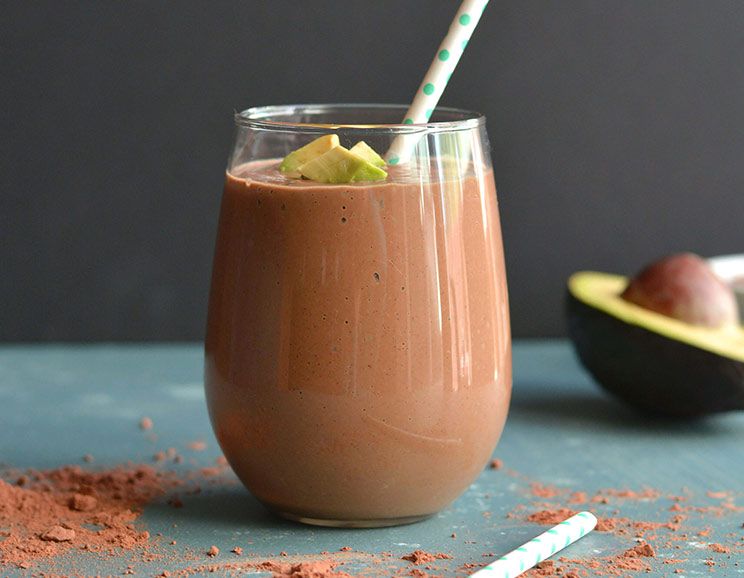



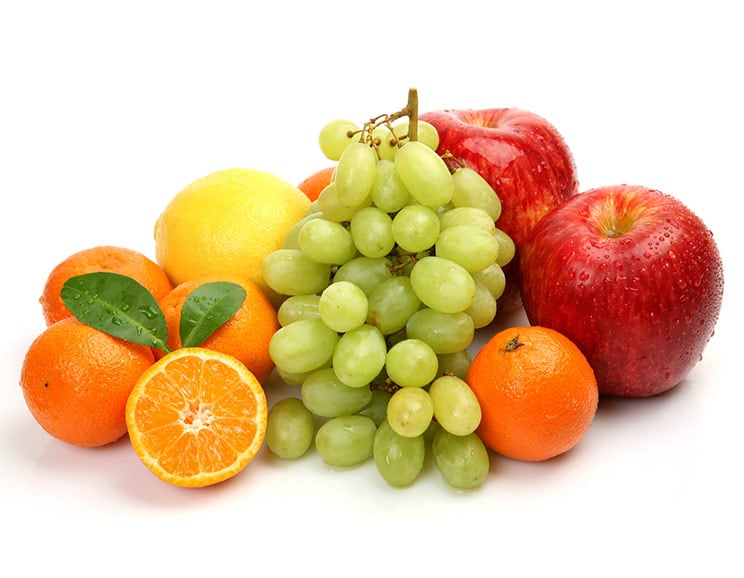
Show Comments